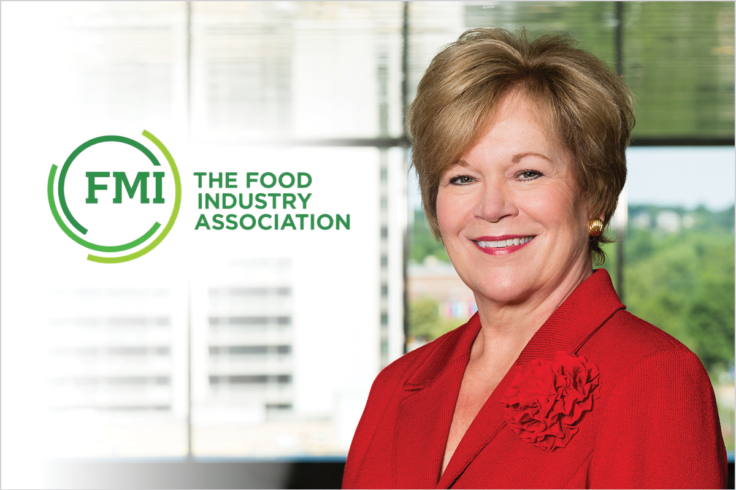How is the food industry working to prevent disruptions ahead of a busy holiday season?
As many of us continue to heal from the turbulence and strain brought on by the COVID-19 pandemic, so too is our economy. From manufacturing and production to distribution and retailing, the pandemic sent shockwaves throughout the global supply chain. Add in extreme weather events and worker shortages, and you get major disruptive pressures that ultimately trickle down to consumers. Nonetheless, the food industry has continued to satisfy consumer demand by responding to these pressures with quick action and innovative thinking. Such resourcefulness has been critical in overcoming the logistical hurdles of the upcoming holiday season.
Shoppers across the United States are gathering all necessary goods to welcome family and friends for holiday feasts, but with fewer workers in the supply chain, food retailers are having a hard time keeping their shelves stocked and options plentiful. According to FMI’s annual Food Retailing Industry SPEAKS survey, 80% of responding retailers said their inability to attract and retain quality employees is having a negative impact on their businesses. To offset labor challenges and entice new hires, retailers have offered a combination of higher wages, bonuses, improved benefits, flextime, and training and skills development opportunities.
In addition, FMI has taken bold steps to alleviate bottlenecks in the transportation sector by supporting changes in federal law that will allow 18-year-olds to begin training for interstate driving. FMI is also working with the Critical Infrastructure Supply Chain Council and other coalitions to identify actions to be taken for longer term improvements of ports and rail systems.
Beyond hard infrastructure, the health and well-being of our industry’s employees, customers and communities is paramount to our economic recovery from the COVID-19 pandemic. Our industry supports efforts to encourage greater vaccination among the American public and has gone to extraordinary lengths to promote vaccination among our associates and communities. In fact, our members operate 10,000 pharmacies and have administered a large percentage of the nation’s COVID vaccinations.
However, we are concerned with the current design of the U.S. Occupational Safety and Health Administration’s (OSHA) Emergency Temporary Standard (ETS) for COVID-19 vaccination and testing. We believe the ETS, as currently written, will only exacerbate ongoing labor challenges and worsen an already existing shortage of transport and supply chain capacity. We hope to continue to work with OSHA to encourage and facilitate vaccinations for more Americans and address issues related to the ETS, including the lack of testing availability for workers who chose not to — or are unable to — get vaccinated and reevaluate exemptions for low-contact workers such as truck drivers. At the store level, food retailers have promoted a range of cost-saving solutions to assuage consumer concerns over food price inflation, such as recommendations for savvy meal prep, budget stretching, and recipe or ingredient substitutions that might take the place of traditional holiday options.
Despite numerous supply chain and public health disruptions, the food industry has remained agile and receptive to shoppers’ needs. This resilience is bolstered by informed policy measures that give food retailers and suppliers the breathing room they need to innovate through crises. As we cautiously navigate emerging challenges, consumers can rest assured that the food industry is hard at work to ensure this upcoming holiday season will be as safe, joyous and bountiful as possible.
–Leslie Sarasin, President and CEO, FMI – The Food Industry Association
As the food industry association, FMI works with and on behalf of the entire industry to advance a safer, healthier and more efficient consumer food supply.



